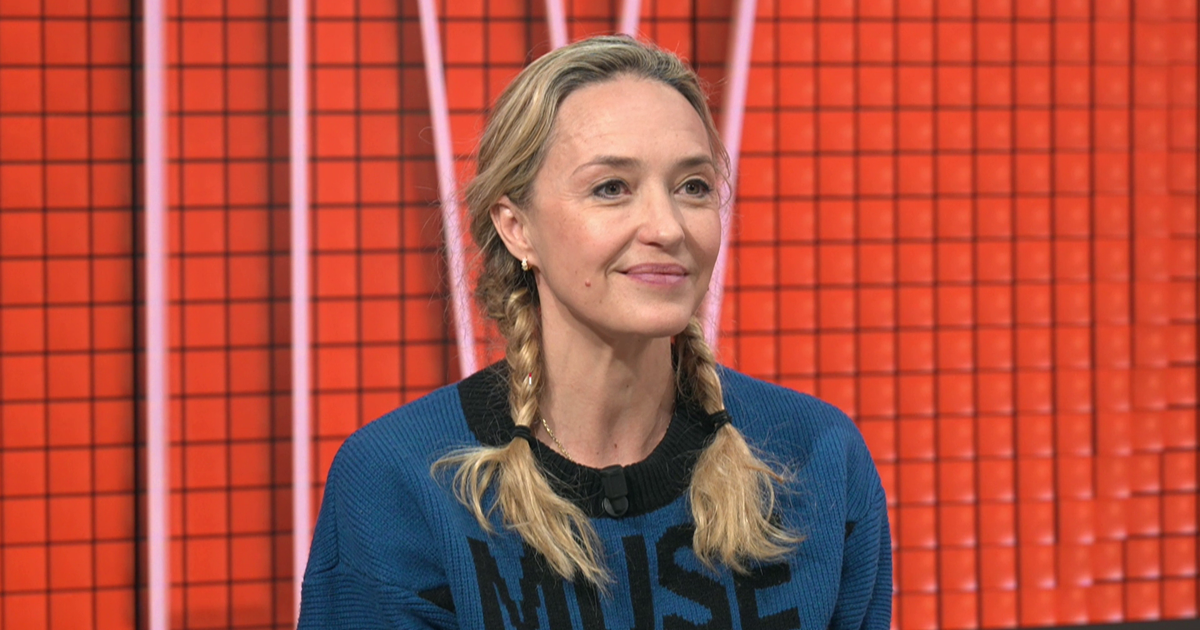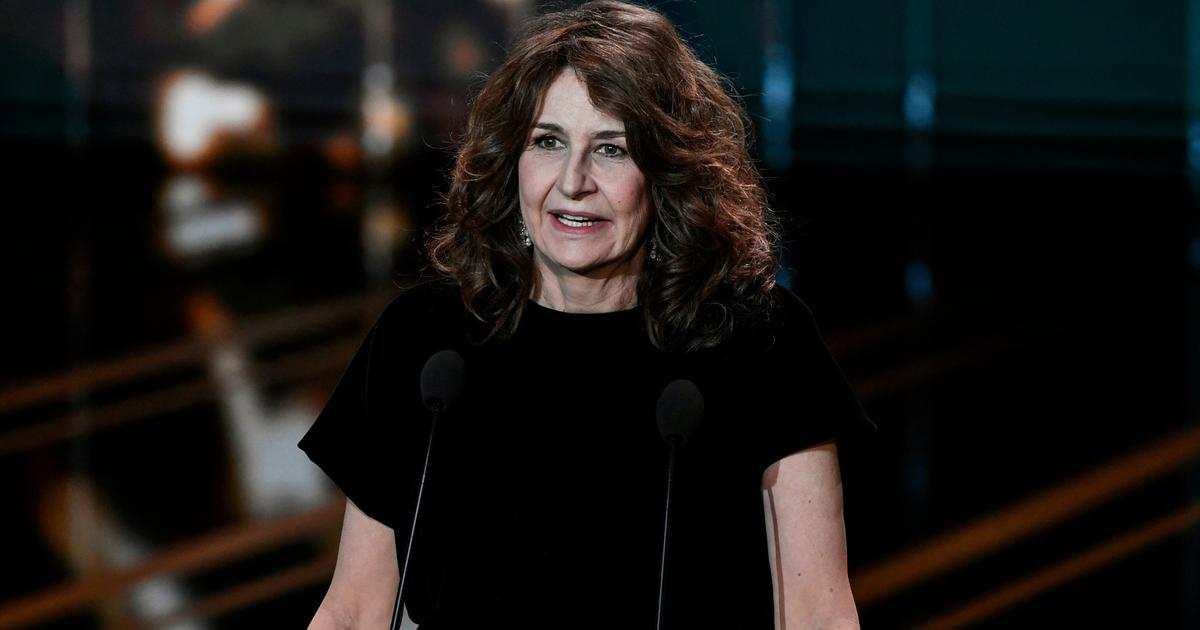One dollar per page.
That's what Milton Luboviski paid Anaïs Nin for her erotic stories.
It was the 40s, she had just arrived in the United States, and she was doing nothing but hanging out with Henry Miller, and his colleagues.
Luboviski was not a publisher, he was a bookseller.
And he didn't want literature, he wanted sex.
Not surprisingly, the motto of those absolutely pornographic texts was "less poetry and more sex."
Miller's were very direct.
Those of Nin, exuberant and ambiguous.
The role of women in both was debatable.
Nin herself used to say that everything she had built she had built from the vision of man, but that her voice "was not completely drowned out."
In fact, they are considered the first sample of female desire put in writing.
In fact, they are considered an example of how complex the struggle of that desire to count itself was.
By giving himself shape, as invaded as he was by the male story.
The last thing that would be expected of the television adaptation of one of the posthumous volumes that collected these stories, specifically, the one here called
Fire Birds
, is that it should turn out to be as clumsily conventional as it turns out.
Little Birds
(Starzplay) is a vintage pastiche, which formally aims to take flight, with an almost dreamlike, fabled treatment of the image, but which crashes into the rigidity of a highly affected script that, far from exploring the limits with which Nin's texts played, conforms to the clichés of the telenovela more or less
kitsch
.
Behind the invention is Sophia Al-Maria (Washington, 38 years old), a sort of proper name in the Qatari fiction industry.
Al-Maria was born in the United States, but has lived all his life in the Persian Gulf, and has even coined a genre within speculative fiction, something called Gulf Futurism, which has to do with the dystopian architecture of the place.
But there is no futurism or anything like it in
Little Birds
.
What there is is a young city girl, Lucy Savage (a limited Juno Temple) who travels to Tangier to marry a guy she doesn't even know and who turns out to not like girls.
Hugo Cavendish Smythe (Hugh Skinner), as the boy is called, is involved with the Egyptian prince Adham Abaza (Raphael Acloque).
Far from her boring and cold world, Lucy is open to experimenting with everything she comes across, but she is going to have to find her life, and pay attention to what they do well, why not, a dominatrix who enjoys the power they give her her clients, or Lili von X, a kind of almighty
show-woman
, who seems to live in a world designed for her.
The year, by the way, is 1955. Morocco is about to become independent from France.
Oh, and Rossy De Palma has a small role, and even she, who is always all natural, seems forced to fit in.
Because what Al-Maria has designed is her own glass shoe in which she tries to fit the spirit that is always too free, and in the case of those stories, as she said, “wild and explicit”, by Nin.
There is nothing wild or explicit in
Little Birds
, there is a supposedly lustful
coming of age
full of common places and phrases for blushing - like the one that the Egyptian in love with Hugo says to Hugo when he assures that "nothing is going to change" because he gets married.
"It changes everything," he replies, deeply hurt in his pride, and getting into the convertible without a shirt - the only thing he seems to keep about Nin is his obsession with his father, and, of course, the sumptuous boat trip, and in general Everything that Lucy, the protagonist, leaves in New York when she leaves, beginning with a drugged mother who hates the very idea of being a woman in that, her world, in which only the woman is conceived as a wife.
Al-Maria says that when he reread
Birds of Fire,
it seemed to him that it had an "orientalist, racist and sexist" touch, and, curiously, he could have chosen to expand the reduced vision that those stories could have given of the world at a time when the world was not taken into account as much as it should have, it seems to limit itself to enclosing, she too, her fiction based on that other fiction –the more or less erotic episodes are, in many cases, narrated;
in others, they are given a tiny space, often, as in the case of Cherifa Lamour's presentation scene, almost out of place, if the intention is to praise the character - in topics that do him no favors. no one.
And it could work if the miniseries, by the way, directed by Stacie Passon (
Billions
,
House of Cards
) were caricaturing the very idea of the topic, as Nin did, in some way, with the (very masculine) sexuality that he portrayed at the time.
But nothing is there to be destroyed and rebuilt.
The narration seems so comfortable in its awkward and awkward rigidity that it doesn't look further, and that's too bad.















